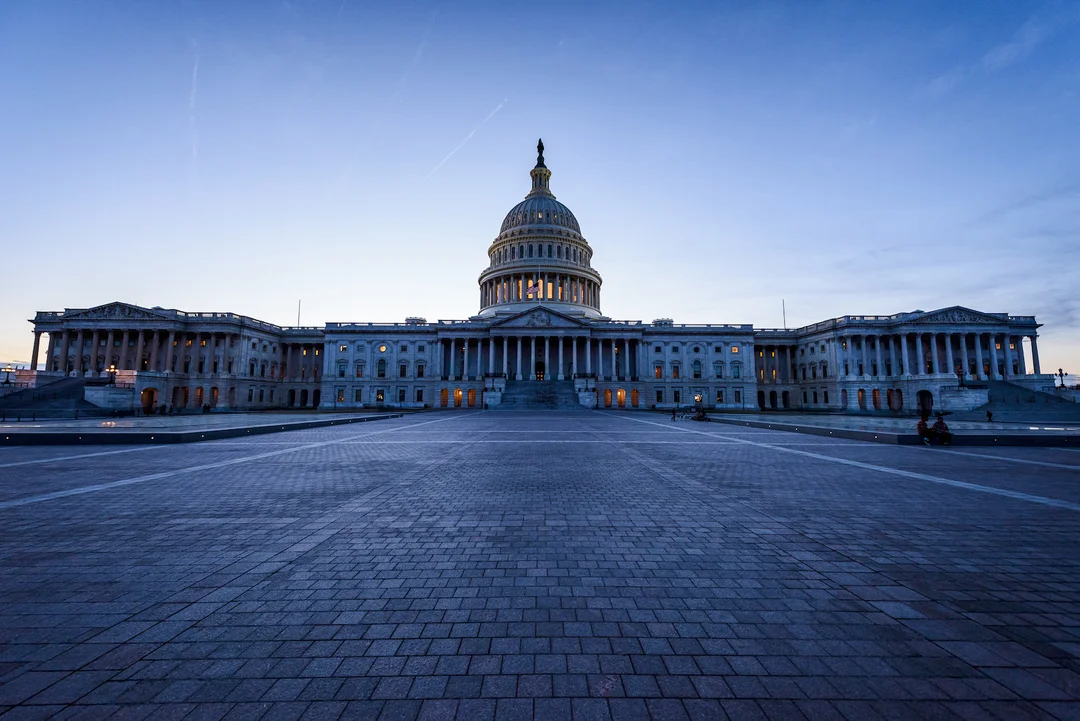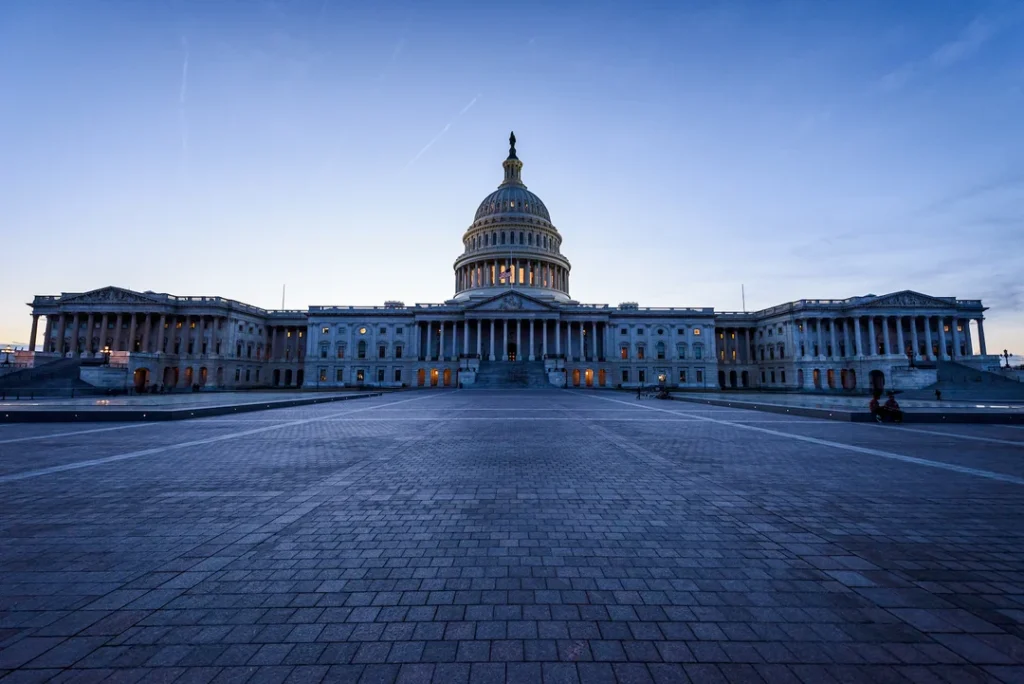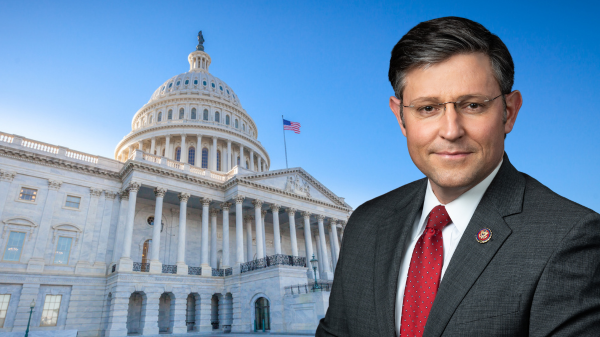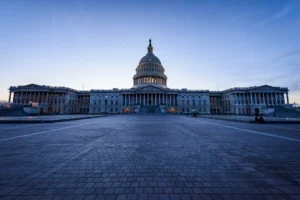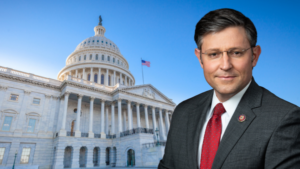As the holiday season approaches, the U.S. faces the looming threat of a government shutdown, with Congress struggling to pass necessary funding for federal agencies. If no agreement is reached by midnight on December 20, 2024, nonessential government services will grind to a halt, leaving millions of Americans wondering how this could impact their lives and holiday plans.
Here’s a breakdown of what a government shutdown could mean for Americans, from holiday travel disruptions to missed paychecks for federal employees.
What Happens During a Government Shutdown?
A government shutdown occurs when Congress fails to pass funding legislation for federal agencies. Essential services, such as law enforcement, military operations, and Social Security payments, continue to function, but many government workers are furloughed, and others are required to work without pay.
During a shutdown, the financial strain on federal employees and service disruptions can ripple across the economy, particularly during the holiday season when budgets are already tight.
Holiday Travel: What to Expect
Travelers planning to fly during the holidays may experience delays and disruptions, though essential personnel, such as TSA screeners and air traffic controllers, will remain on duty.
- TSA and Air Traffic Control: David Pekoske, head of the Transportation Security Administration (TSA), has assured that 59,000 of the agency’s 62,000 employees will work to screen the estimated 40 million passengers traveling during the holidays. However, these workers will not be paid until Congress resolves the shutdown, potentially leading to increased absenteeism and longer airport wait times.
- Passport Offices: Passport processing may slow, with some offices closing entirely. Travelers with urgent international plans may face difficulties resolving issues with their travel documents.
Military Personnel: No Paychecks
Active-duty troops and reservists will still be required to report for duty, but they won’t receive their paychecks during the shutdown.
- Delayed Pay: The end-of-month paycheck for military personnel will be withheld until funding is restored.
- Reservists Impacted: Reservists scheduled for drills after December 20 will not be paid. Federal civilian employees in critical roles will also be affected, working without pay until Congress resolves the budget impasse.
Historically, Congress has retroactively reimbursed federal workers and troops after a shutdown ends, but the delay in pay can cause financial hardship during the holidays.
National Parks: Limited Access
Many Americans plan trips to national parks during the holiday season, but a shutdown could throw those plans into disarray.
- Park Closures: Most national parks will close, including popular destinations like Yellowstone and Yosemite. The National Park Service’s contingency plan calls for shutting down operations, which could disrupt vacations and cause economic losses for nearby communities.
- State-Funded Alternatives: States like Utah are exploring ways to use local funds to keep parks open, as they did during the 2018 shutdown.
During the 2013 shutdown, the National Park Service estimated a $500 million loss in visitor spending nationwide, highlighting the broader economic impact of these closures.
Safety-Net Programs: Short-Term Continuity
Programs like Supplemental Nutrition Assistance Program (SNAP) and Special Supplemental Nutrition Program for Women, Infants, and Children (WIC) will continue providing aid, but an extended shutdown could deplete funding.
- SNAP and WIC: While benefits will continue initially, reduced federal staffing may delay applications or resolution of issues for recipients. If the shutdown persists, funds for these programs could run out, leaving vulnerable families at risk.
- Childcare Programs: Programs like Head Start, which provides grants to childcare centers for low-income families, could face disruptions during a prolonged closure.
Social Security, Medicare, and Veterans Benefits
Essential benefits like Social Security and Medicare payments will remain uninterrupted, ensuring seniors and disabled individuals continue receiving support. However, federal offices responsible for processing new applications or addressing issues will operate with reduced staffing, leading to potential delays.
Veterans Affairs (VA) benefits, including pensions and disability checks, will also continue, though services for resolving claims or inquiries may be slower.
The Broader Impact
A government shutdown during the holiday season exacerbates the financial strain on furloughed federal employees, military personnel, and families relying on safety-net programs. Beyond individual hardships, the economic impact can be significant, with reduced consumer spending and lost revenue for businesses tied to government services.
A government shutdown can disrupt holiday plans, delay paychecks, and strain public services, making it crucial for Congress to reach a funding agreement. As Americans prepare for the holidays, the uncertainty surrounding federal operations serves as a stark reminder of the importance of bipartisan cooperation in ensuring the smooth functioning of government services.
For now, travelers, federal workers, and families relying on government programs are left in limbo, waiting for a resolution that will bring stability during what should be a festive time of year.
